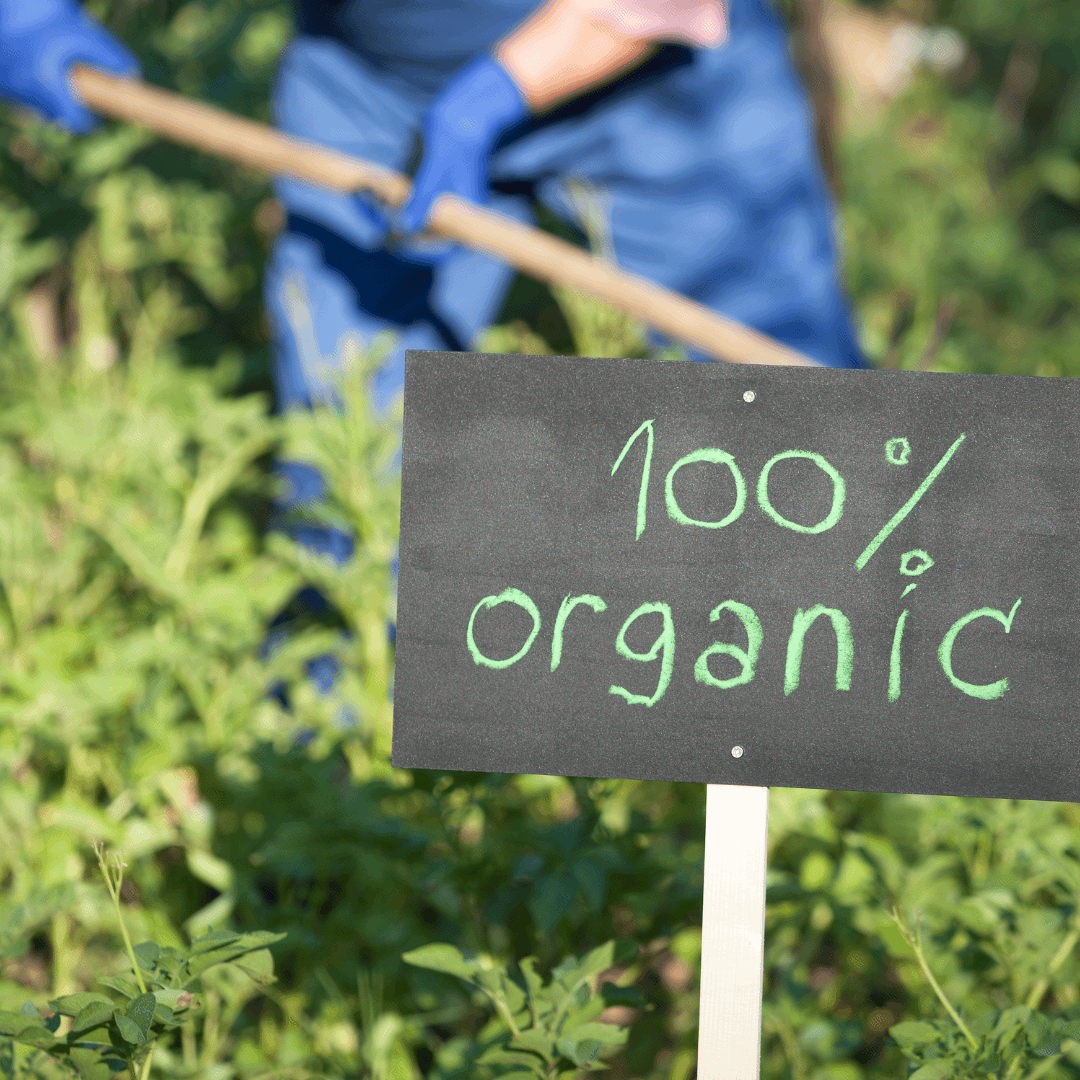The consumer packaged goods (CPG) industry is at a transformative juncture. Traditional business models are colliding with unprecedented global challenges, including supply chain disruptions, environmental concerns, and rapidly shifting consumer expectations. Success in today’s CPG environment demands a proactive approach to understanding, anticipating, and ultimately mitigating risks that emerge from multiple directions simultaneously. These risks, while daunting, also offer opportunities for those who can adapt swiftly and strategically.
The Evolving Ecosystem of CPG Investments
The CPG environment has undergone profound changes, moving from predictable markets to an intricate ecosystem shaped by technological advancements and global challenges. This evolution is not just about keeping up with trends—it’s about fundamentally reshaping how companies operate and grow. Consider the impact of the pandemic, which accelerated changes already underway in the CPG industry experience. Companies were forced to reexamine their operational models, making agility and resilience non-negotiable traits for survival.
In the context of CPG food companies, adaptability is particularly critical. These companies are no longer merely producers of packaged goods but are now perceived as stewards of public health, environmental sustainability, and consumer trust. The ability to adapt is not limited to logistics or production; it extends to every aspect of a company's operations, from food marketing strategies to how they handle accounts receivable deduction management.
In this dynamic ecosystem, businesses that adopt innovative approaches to deduction management best practices gain a competitive edge. Utilizing advanced deduction management software and hiring an offshore virtual assistant or overseas virtual assistant to streamline processes can help reduce operational inefficiencies. These tools also allow companies to focus more on strategic growth while ensuring compliance with complex regulatory requirements.
Decoding the Complex Risk Landscape
Supply Chain Vulnerabilities
Supply chains, often described as the lifeblood of the CPG business model, have been exposed as one of the industry’s most significant vulnerabilities. The fragility of these systems has been highlighted repeatedly in recent years, with disruptions stemming from natural disasters, geopolitical events, and rising transportation costs. For example, research indicates that nearly 58% of CPG food companies have faced significant disruptions due to increased supplier costs. This stark reality underscores the urgent need for resilience.
In the food industry consultancy space, addressing these vulnerabilities is a cornerstone of risk mitigation. Modern CPG management strategies emphasize the use of real-time data analytics and advanced forecasting models to anticipate and manage disruptions before they escalate. Technology-driven tools, such as IoT sensors and blockchain, provide enhanced transparency across supply chains, enabling businesses to trace the origins of materials and anticipate delays.
For companies engaged in food business consulting, the ability to maintain an agile supply chain is critical. This involves not only addressing logistical challenges but also managing relationships with suppliers and partners effectively. By leveraging the expertise of food manufacturing business consultants, companies can implement systems that safeguard against sudden disruptions, ensuring continuity and reliability in their operations.
Consumer Expectations
Consumer behavior has shifted dramatically, redefining the relationship between brands and their audiences. Today’s consumers demand more than just quality products; they seek alignment with their values, transparency in business practices, and a demonstrable commitment to sustainability. Research shows that 79% of consumers are willing to switch brands based on ethical considerations, creating a new competitive battlefield for CPG brand marketing.
In this environment, the role of CPG marketing trends cannot be overstated. Brands must weave sustainability and ethical practices into their narratives, not as peripheral add-ons but as integral aspects of their identity. For example, companies that specialize in natural products companies are seeing increased demand as consumers prioritize eco-friendly options.
Food business consultants play a pivotal role in guiding brands to meet these expectations. From designing retail packaging design that highlights sustainability to crafting campaigns that emphasize social responsibility, these experts help businesses resonate with their target audiences. This shift underscores the importance of integrating CPG brand management with broader societal goals, making corporate social responsibility a core business strategy rather than a marketing gimmick.
Regulatory Complexity
Navigating the intricate web of regulations that govern the CPG environment is another significant challenge. Regulations concerning product formulation, labeling, marketing, and distribution vary across regions, making compliance a daunting task. Non-compliance carries severe consequences, ranging from financial penalties to irreparable reputational damage, underscoring the importance of a proactive approach to CPG accounting and deduction management.
The need for robust compliance frameworks has never been greater. Companies often turn to food manufacturing consulting firms to develop systems that monitor and adapt to regulatory changes in real time. Advanced deduction management software is also increasingly used to ensure that companies remain compliant while optimizing financial operations.
For businesses in consumer packaged goods advertising, understanding regulatory requirements is particularly critical. Advertising campaigns must adhere to regional guidelines, avoiding pitfalls that could lead to costly legal battles. Engaging food and beverage consulting companies can help brands navigate these complexities, ensuring their strategies align with both legal standards and consumer expectations.
Strategic Risk Mitigation: A Holistic Approach
Technology as an Enabler
In the face of mounting risks, technology has emerged as a critical enabler for the CPG industry experience. Tools like AI, blockchain, and IoT are not just enhancing efficiency but are fundamentally reshaping how risks are managed. For instance, AI-driven analytics can predict supply chain disruptions, while blockchain ensures transparency in sourcing and production processes.
The integration of technology is especially transformative for CPG food companies. These innovations allow businesses to monitor their operations in real-time, enabling swift responses to emerging challenges. By adopting these tools, companies can move beyond reactive risk management to a proactive model that anticipates and mitigates risks before they escalate.
Sustainability as a Business Imperative
Sustainability has shifted from being a peripheral concern to a central business strategy. For brands in the natural products company space, sustainability is not just a value proposition but a competitive necessity. Companies that excel in ESG performance are outperforming their peers, demonstrating the tangible benefits of integrating sustainability into their operations.
In food and beverage consultancy, sustainability encompasses a range of practices, from ethical sourcing and waste reduction to transparent governance and employee welfare. Businesses that partner with food business consultants are better positioned to align their operations with these principles, ensuring long-term success.
Intellectual Property Protection
In an era of rapid innovation, intellectual property has become a cornerstone of competitive advantage. Protecting these assets requires more than traditional patent strategies; it demands a holistic approach that addresses the unique challenges of the digital age.
For companies in CPG brand marketing, safeguarding intellectual property involves collaboration across legal, technological, and strategic domains. This includes implementing cybersecurity measures to protect digital assets and developing legal frameworks that ensure brand integrity. By consulting food business consulting experts, companies can create comprehensive strategies to protect their innovations while fostering a culture of continuous improvement.
Transforming Risk into Opportunity
The future of CPG marketing lies not in avoiding risks but in transforming them into strategic opportunities. This requires a mindset shift from reactive risk management to proactive risk leadership. Companies that embrace this approach—integrating cutting-edge technologies, sustainable practices, and strategic foresight—are better equipped to navigate the complexities of the CPG environment.
By leveraging the expertise of CPG brand consultants and adopting advanced tools like deduction management software, businesses can position themselves for sustained growth. The integration of technology, sustainability, and innovation is not just a strategy for risk mitigation; it is a blueprint for success in an increasingly complex world.
As the CPG environment continues to evolve, companies that prioritize adaptability, resilience, and ethical practices will not only survive but thrive. The journey toward sustainable growth and risk leadership is challenging but ultimately rewarding, offering a roadmap for the industry's future.
Ready to take your CPG brand to the next level? At Vdriven, we specialize in guiding brands through the complexities of the modern CPG landscape. From developing resilient supply chains to creating marketing strategies that resonate with today’s conscious consumers, our team is dedicated to helping you transform risks into opportunities. Contact us today to learn how we can help your brand thrive in an ever-changing world.
Luke Abbott
Luke is a Senior executive, consultant, and entrepreneur with experience in raising capital, accounting, CEO coaching, and retail domination best practices. As the President of Monterrey Provisions, he scaled and grew the company from $32M to $250M+ in revenue, and launched 3 startups along the way. His academic contributions as a Professor of Supply Chain at the University of San Diego have enriched his students with practical insights, preparing them as future business leaders. Currently, as CEO and Coach at Vdriven, Luke helps emerging brands in all aspects of retail.






